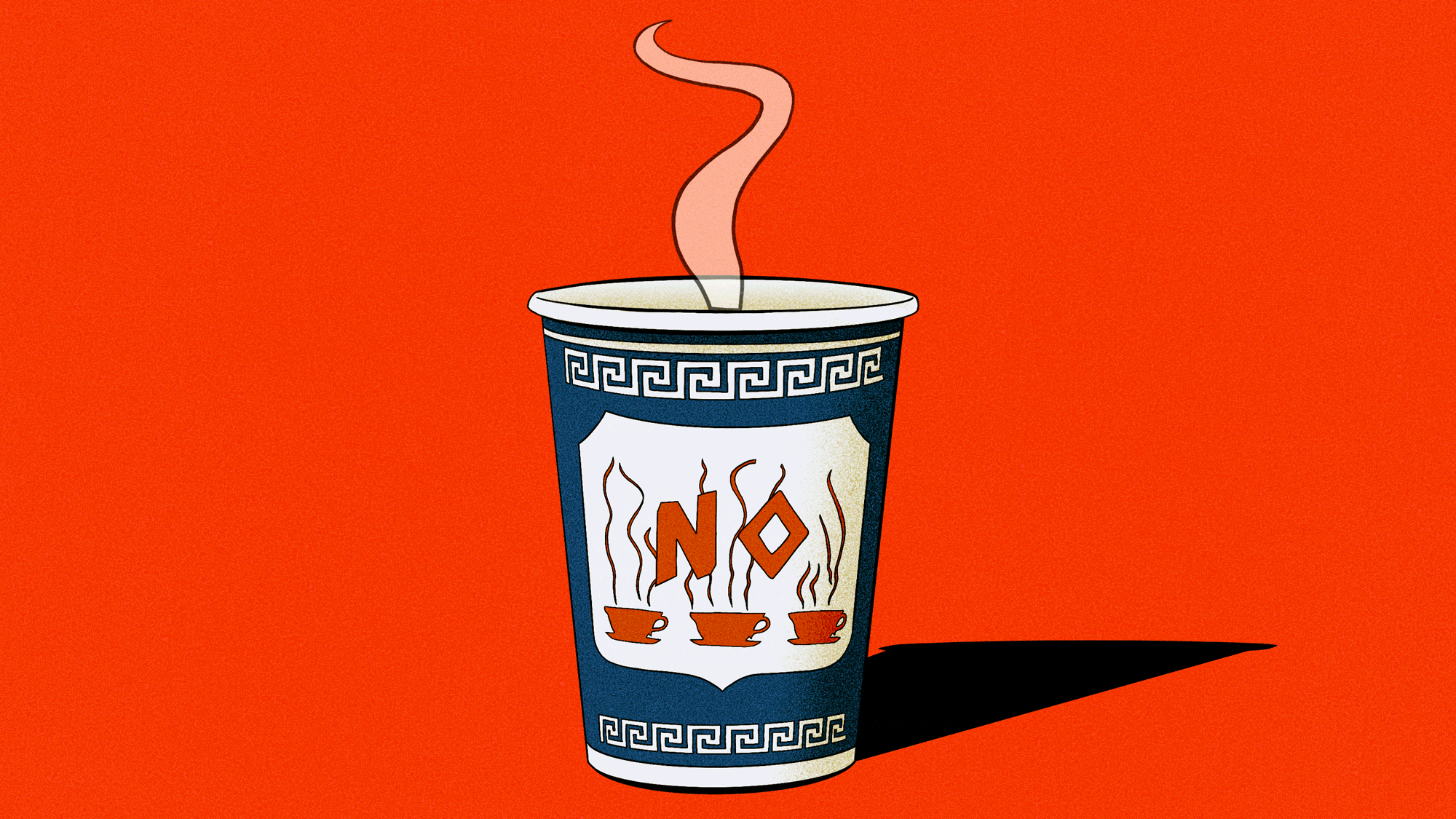
My Journey: Why I Said Goodbye to Coffee After 15 Years

For a long time, I felt like I needed something to get through the day. It wasn't always the same thing, but caffeine was a constant. Every single day, I relied on at least two cups of coffee to function. When I decided to make some serious changes for a healthier lifestyle, I realized that tackling my caffeine dependency was the essential first step. I needed to prove to myself that I could get through the day without it.
Now, six weeks into my caffeine-free adventure, I'm so happy I made this decision, but let me tell you, it wasn't a walk in the park.
The Caffeine Culture Trap
I've been working since I was 15, and coffee has been a staple in my routine for over a decade. When I started my first office job, the company culture practically encouraged constant coffee consumption. Team meetings, morning arrivals, even just casual chats – everything involved a cup of joe.
Sound familiar? Maybe you're wondering if you should cut back on caffeine or even quit altogether. Well, I'm writing this right now completely caffeine-free! No energy drinks, no lattes, not even a chocolate-covered espresso bean. It's something I never thought I could do.
This change wasn't easy, especially coming from a culture where coffee is a central part of family time. But this lifestyle change has given me a new perspective. It's shown me that it's possible to tap into your body's natural energy. Relying on caffeine doesn't have to be a given.

Navigating the Storm: What Caffeine Withdrawal Feels Like
This positive shift didn't happen overnight. If you're a regular caffeine user – whether it's from coffee, energy drinks, or tea – stopping suddenly can lead to caffeine withdrawal. It took time and patience to learn how to conquer the day with sleep, hydration, and movement.
Caffeine withdrawal can really throw you off, impacting both your mind and body. It can start within 12 to 24 hours after your last cup, according to Heather Viola, an internal medicine physician at Mount Sinai in New York City. I talked to Dr. Viola about my experience, and she confirmed that the struggle was real!
Common symptoms include fatigue, irritability, mood swings, and trouble focusing. It might seem mild, but it can be really inconvenient when you have work, school, or family responsibilities. It can definitely make for a few tough days.
For some, withdrawal symptoms can be more severe, almost like having the flu, with nausea, muscle pain, and even sleep problems.
Unfortunately, I fell into the latter category. I was exhausted for about a week, and all I wanted was a nap to cure my headache. And despite thinking ditching caffeine would improve my sleep, I actually woke up several times each night during that first week.
The good news is that caffeine withdrawal doesn't last forever. "These symptoms usually begin within 12 to 24 hours, peak at one to two days, and can last up to nine days," says Dr. Viola. She also notes that fatigue and moodiness can linger longer for some people.
Coffee vs. Energy Drinks: Which is Harder to Quit?
While caffeine withdrawal can affect anyone who relies on caffeine, I have some potentially bad news for coffee lovers. Dr. Viola warns that "weaning off coffee may be more challenging than switching from lower-dose beverages due to the intensity and ritual of coffee consumption."
Since coffee typically has more caffeine than other drinks, Dr. Viola suggests gradually limiting your intake instead of quitting cold turkey. If you constantly find yourself reaching for the coffee pot, a detox might be helpful to break free from caffeine's grip.
The Upside: Benefits of a Caffeine Detox
By week three, I felt a sense of empowerment. It was like the limiting beliefs I'd had for years were a lie. Of course, I was a little jealous seeing someone enjoy a tall glass of iced coffee, but I'd proven to myself that my body and mind could function without it, and that was too good to give up.
There are both physical and mental benefits to ditching caffeine. "Better sleep quality, more stable energy levels (fewer crashes), lower blood pressure and heart rate, and fewer GI issues," says Dr. Viola. "The mental benefits can include reduced anxiety or jitteriness, improved mood stability, and clearer mental focus – after, of course, the initial adjustment period." She also mentions the joy of being less dependent on a "potential 'crutch' to function."
Giving up coffee and energy drinks doesn't mean you can't enjoy other drinks. Juicing really helped me, providing the vitamins and nutrients my body needed for energy. Ginger and lemon shots became my new "upper," and celery and orange juice made my mornings a little brighter.
Detoxing from caffeine led to fewer energy crashes, less cortisol spikes, increased productivity, whiter teeth, and no more worrying about coffee breath (that's probably my favorite benefit!).
I'm not saying caffeine is inherently bad, but being completely dependent on it can cause problems… and be really expensive!
At the start, I told myself I could have a delightful cup of coffee at the end of these six weeks. But now, the thought of putting caffeine in my system before eating just doesn't appeal to me. It would feel like taking a step backward, especially now that I have the energy to move forward. That craving might also be because I quit cold turkey.
Dr. Viola suggests reducing caffeine intake by 25% each week, by shrinking your serving sizes – a less intimidating approach for a body that previously thrived on overconsumption. If you're aware of your caffeine dependency and want to cut back, you're already on the right path!
```